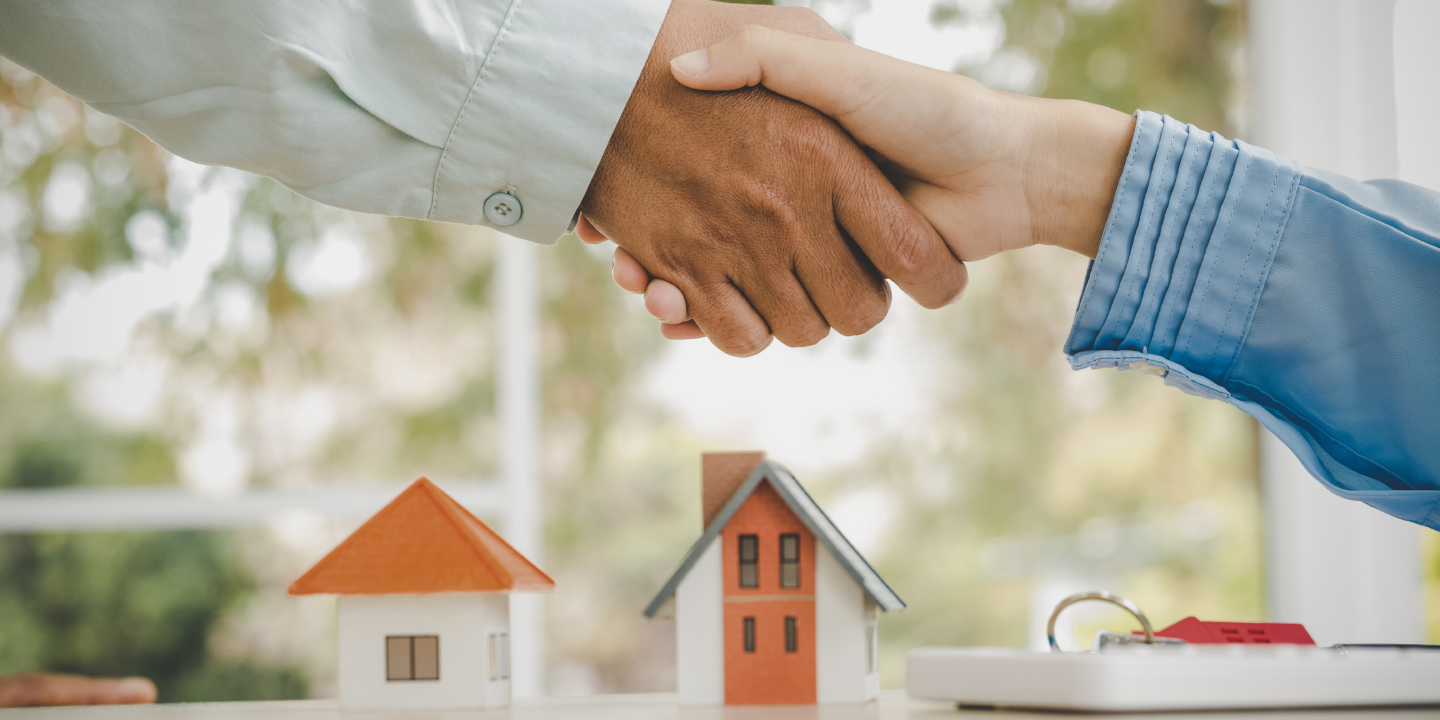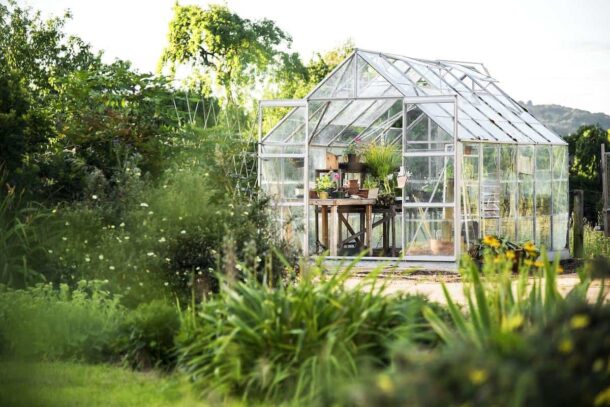Purchasing a second property can be a rewarding investment, whether for personal use, rental income, or as a holiday retreat. However, it’s essential to understand the financial implications and requirements involved.
Getting a mortgage for your second property
Getting a mortgage for a second home is more complicated than a mortgage on just one home. Your lender will need proof that one of your properties is used as your main home as well as explaining the purpose of the second property. If you’re looking for a mortgage for a holiday home, you won’t be able to rent it out.
Buying to let
A Buy to let, or Buy to rent mortgage is for a landlord who wants to buy a property to rent out. The application is similar to a residential mortgage application but with a few differences. These differences include the amount you could borrow and how much deposit you will need.
Working out if you’re eligible and if you can afford it
The amount you can borrow is based on how much rent the property can generate versus the cost of the mortgage. As an indication, lenders often require:
- Your expected rental income to be at least 125% of the monthly interest payments
- A minimum deposit of 25% (35% on a new build property)
- The property to be worth at least £50,000
- Your borrowing will be less than £3.5 million
Understanding your responsibilities as a landlord
There are a lot of requirements that you need to adhere to when renting out a property. These including contracts, deposit protection and certificates for the gas and electric. It’s important to understand these responsibilities before going ahead.
How we can help?
Our advisers have a wealth of experience when it comes to second homes. Whether you’re buying a second home as a holiday home or looking to buy-to-let, our advisers can help you prepare your application and guide you through the application process making sure you get the best rate available.





